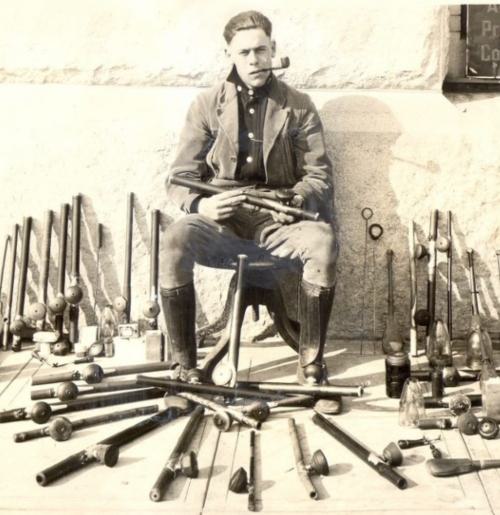The following is an excerpt from Cardinal Joseph Ratzinger's A Turning Point for Europe? The Church in the Modern World: Assessment and Forecast (trans. Brian McNeil C.R.V. (San Francisco: Ignatius Press, 2010; 1st ed. 1994): 24–26). It is reproduced here with the gracious permission of Ignatius Press.
I recall a debate I had with some friends in Ernst Bloch’s house. Our conversation chanced to hit on the problem of drugs, which at that time—in the late 1960s—was just beginning to arise. We wondered how this temptation could spread so suddenly now, and why, for example, it had apparently not existed at all in the Middle Ages. All were agreed in rejecting as insufficient the answer that at that period the areas where drugs were cultivated were too far away. Phenomena like the appearance of drugs are not to be explained by means of such external conditions; they come from deeper needs or lacks, while dealing with the concrete problems of procurement follows later. I ventured the hypothesis that obviously in the Middle Ages the emptiness of the soul, which drugs are an attempt to fill, did not exist: the thirst of the soul, of the inner man, found an answer that made drugs unnecessary. I can still recall the speechless indignation with which Mrs. Bloch reacted to this proposed solution. On the basis of dialectical materialism’s image of history, she found the idea almost criminal that past ages could have been superior to our own in not wholly inessential matters; it was impossible that the masses could have lived with greater happiness and inner harmony in the Middle Ages—a period of oppression and religious prejudices—than in our age, which has already made some degree of progress along the path of liberation: this would entail the collapse of the entire logic of “liberation.” But how, then, is one to explain what has happened? The question remained unanswered that evening.
The “great journey” that men attempt in drugs is the perversion of mysticism, the perversion of the human need for infinity, the rejection of the impossibility of transcending immanence, and the attempt to extend the limits of one’s own existence into the infinite.
Since I do not share the materialistic image of the world, I continue to believe that my thesis was correct. Naturally, however, it must be made more concrete, and it is precisely the thinking of Ernst Bloch that can offer a helpful starting point here. For Bloch, the world of facts is a bad world. The principle of hope means that man energetically contradicts the facts; he knows he is obliged to overcome the bad world of facts in order to create a better world. I would put it in this way: drugs are a form of protest against facts. The one who takes them refuses to resign himself to the world of facts. He seeks a better world. Drugs are the result of despair in a world experienced as a dungeon of facts, in which man cannot hold out for long. Naturally, many other things are involved, too: the search for adventure; the conformity of joining in what others are doing; the cleverness of the dealers, and so on. But the core is a protest against a reality perceived as a prison. The “great journey” that men attempt in drugs is the perversion of mysticism, the perversion of the human need for infinity, the rejection of the impossibility of transcending immanence, and the attempt to extend the limits of one’s own existence into the infinite. The patient and humble adventure of asceticism, which, in small steps of ascent, comes closer to the descending God, is replaced by magical power, the magical key of drugs—the ethical and religious path is replaced by technology. Drugs are the pseudo-mysticism of a world that does not believe yet cannot rid of the soul’s yearning for paradise. Thus, drugs are a warning sign that points to [something] very profound: not only do they disclose a vacuum in our society, which that society’s own instruments cannot fill, but they also point to an inner claim of man’s nature, a claim that asserts itself in a perverted form if it does not find the correct answer.
Cardinal Joseph Ratzinger (1927–2022) was elevated to Pope Benedict XVI in 2005.



